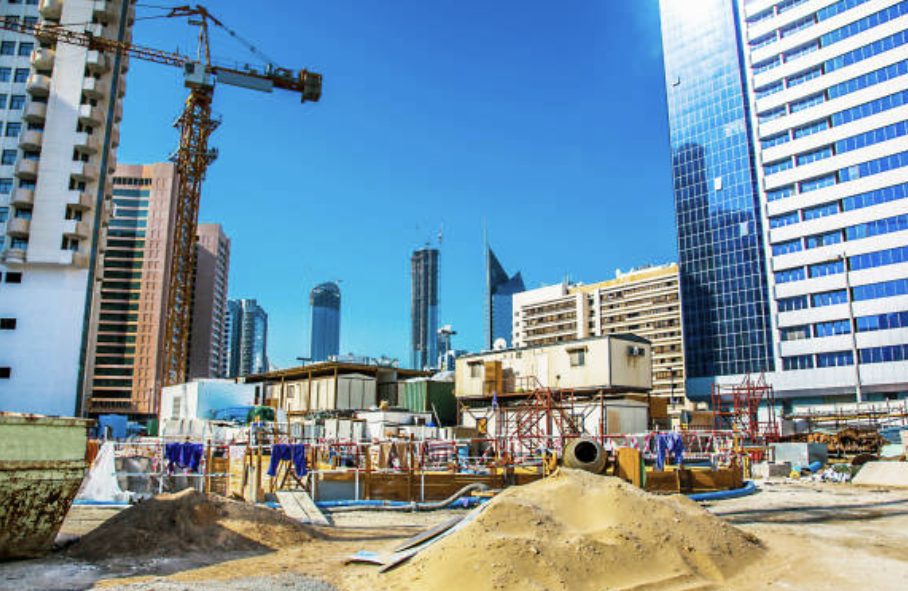
Posted on Wednesday, October 30, 2024
Roll forming machines are revolutionizing industries across Egypt, especially in construction, agriculture, and automotive manufacturing. These machines streamline production by transforming metal sheets into specific profiles and shapes with precision and efficiency. Here’s a closer look at how they are driving transformation and growth in Egyptian industries, with case studies that showcase real-world applications.
With Egypt’s booming population and urbanization, the construction sector demands efficient solutions for large-scale projects. Roll forming machines allow manufacturers to create metal profiles for roofs, walls, and structural components that are commonly used in both commercial and residential buildings. Additionally, metal roll-formed products are durable and resistant to Egypt’s diverse climate, making them ideal for the country’s infrastructure needs.
Case Study: Al Shams Steel Profiles
Al Shams Steel Profiles, a Cairo-based company, uses roll forming machines to manufacture a variety of metal products, from roofing sheets to steel beams. The company reports a significant boost in productivity and reduction in waste due to the high accuracy of roll forming machines. This efficiency allows Al Shams to meet the demands of large-scale government housing projects, as well as smaller private developments.
Egypt’s agriculture sector benefits from roll forming machines in producing durable and lightweight components for equipment such as irrigation systems, silos, and greenhouse structures. Roll-formed steel offers flexibility in design and customization, which is crucial for adapting to different types of crops and agricultural needs across Egypt’s varied landscape.
Case Study: Nile Agri Machinery
Nile Agri Machinery, based in Alexandria, manufactures irrigation pipes and other metal components for farming equipment using roll forming machines. The company’s investment in this technology has allowed them to expand into producing greenhouse frames, a growing market in Egypt’s agricultural industry. The roll forming process provides consistent quality, enabling Nile Agri Machinery to offer reliable products to farmers while reducing production time and costs.
Roll forming machines are integral in producing lightweight yet durable components for Egypt’s growing automotive industry, especially as the country attracts international investments. The automotive sector relies on roll forming machines to produce parts such as frames, chassis components, and reinforcements. This process is ideal for automotive manufacturing because of its accuracy and ability to handle complex geometries.
Case Study: Cairo Auto Parts Manufacturing
Cairo Auto Parts Manufacturing (CAPM) uses roll forming technology to produce high-quality structural components that meet international safety standards. By integrating roll forming machines into their production line, CAPM has been able to expand their export market to other African and Middle Eastern countries. The machines also allow CAPM to reduce material waste, supporting both cost savings and sustainability goals.
As more Egyptian companies recognize the advantages of roll forming machines, we expect to see continued expansion across multiple sectors. Additionally, government initiatives focused on industrialization and manufacturing in Egypt create an encouraging environment for companies to invest in these technologies.
In conclusion, roll forming machines are a key driver of growth and efficiency in Egypt’s manufacturing landscape. With applications across construction, agriculture, and automotive sectors, they enable Egyptian companies to meet both domestic and international demands while contributing to job creation and economic growth. As more industries adopt roll forming technology, its impact on Egypt’s manufacturing future will only deepen.

Used Purlin Roll Forming Machines for Sale Worldwide
Posted on Sunday, January 25, 2026
Pre-Owned Roll Forming Machines for Purlin & Structural Steel Profiles

Used Roof Panel Roll Forming Machines for Sale Worldwide
Posted on Sunday, January 25, 2026
Pre-Owned Roll Forming Machines for Roofing Panel Production

Used Roll Forming Machines for Sale Worldwide
Posted on Tuesday, January 20, 2026
Pre-Owned Roll Forming Machines with Inspection, Verification & Global Support

Steel Coil Supply for Roll Forming Machines Worldwide
Posted on Tuesday, January 20, 2026
Reliable Steel Coil Supply for Roll Forming, Fabrication & Manufacturing Applications
Copyright 2026 © Machine Matcher.